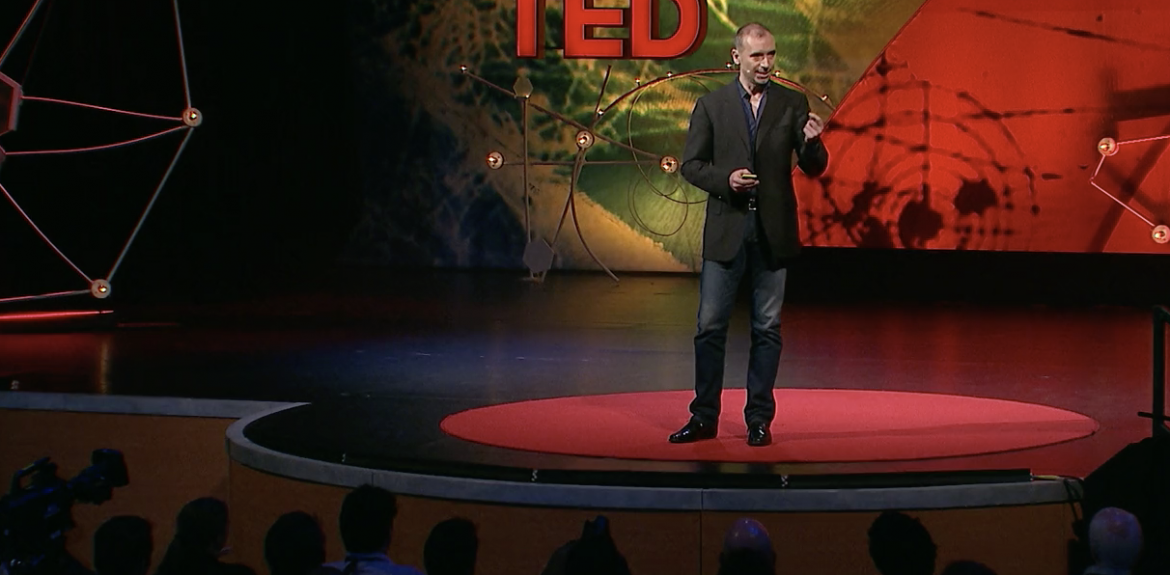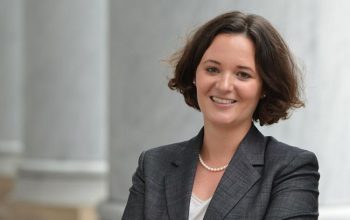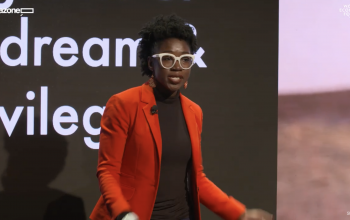
If you have access to Facebook or Instagram, you probably came across the newest social media craze, called the “have you changed” challenge. This one is rather easy. It doesn’t require an ice-bucket, or that you learn a dance, all you have to do is upload pictures of yourself. It has lots of people participating, while simultaneously raising some privacy concerns.
The challenge works like this: users display their first profile picture posted on Facebook, or older photo, next to a present-day photo to show how much they’ve changed. It didn’t take long for some to suggest the challenge was much more than a light-hearted game, but instead a clever a way of “helping” Facebook improve its facial recognition technology. Although this theory is highly speculative, the logic isn’t necessarily far-fetched.
Alessandro Acquisiti, Professor of Information Technology and Public Policy at the Heinz College, Carnegie Mellon University and EPIC Advisor, gave a TED Talk last year and asked, “What will the future look like without secrets?” During the talk, Acquisiti suggested that the use of facial recognition – combined with other AI identification software may erase anonymity altogether.
2.5 billion photos were uploaded to Facebook in 2017
He tested this theory by conducting a study using Carnegie Mellon students. The objective of the study was to see if he could start with just a face, then obtain a name. Then equipped with just a name and a face, see if he could acquire publicly available information on the subject. This is where it gets very interesting. From there, he would use the technology to infer, non-publicly available information – like a Social Security Number. The study was successful. He even developed an app that does this in real time (don’t worry, it’s not for sale. Only created for proof of concept). It’s difficult not to find studies like this unsettling, especially since Acquisiti cites that 2.5 billion photos were uploaded to Facebook in 2017.
However, a step in the right direction may be for companies to be clear on how exactly data is being used. Watch the entire talk below.


